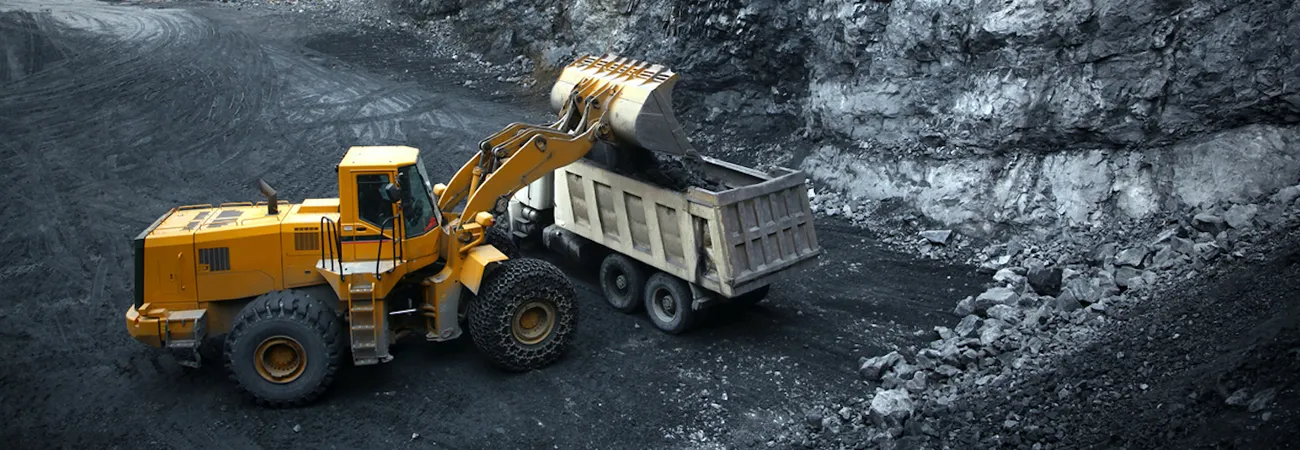i ECONOMY
Pakistan needs to carry out proper estimation and reporting of its mineral reserves to come up with reliable database in order to attract both local and foreign investments in the mining sector. “The resource estimation and reporting will create reliable and transparent information concerning the quantity and quality of mineral deposits in the country,” pointed out Muhammad Yaqub Shah, a principal geologist working with an Islamabad-based mining company. He said by demonstrating its substantial mineral reserves, Pakistan could achieve a good position in the global market and foster partnerships with international companies and investors. “This will facilitate capacity building, knowledge exchange and technology transfer in the mining industry.” He said the mineral reserve estimation served as a pivot to attract foreign investors to invest in the mining sector by ensuring transparency, guiding resource management, enhancing the country’s competitiveness in the global market, and mitigating the risks involved in the mining sector.
Abdul Bashir, chief geologist at Balochistan-based Koh-i-Daleel Minerals Company (Pvt) Limited, said that mineral reserve estimation was a significant part of the mineral exploration process. “This type of database helps to decide the feasibility of any project. Every company performs this activity before launching any mining project.” He said it was the core responsibility of the relevant government departments to maintain a reserve estimation database at both the federal and provincial levels. “The departments concerned are doing it to some extent, but to present it at the international level, more is required.” Bashir said determining the quantity and quality of mineral resources in Pakistan could play a vital role in uplifting this sector. “Mostly, investors commit capital to well-documented and factual-based projects supported by the latest data. By providing reliable data on the potential profitability, foreign direct investment can be brought to the country.
The mineral reserve estimation is necessary for several reasons – assessment of risk management, feasibility generation for extraction and processing minerals, pre-assessment of potential returns against the investment, and ease of resource planning and development,” he explained. The mineral expert said that before starting any mineral exploration or extraction initiative, the mineral reserve estimation document was required for licensing and regulatory compliance. “It is also necessary for the policy-makers and stakeholders to frame more effective plans for the development of mineral resources in the country.” Talking to WealthPK regarding the importance of mineral reserve estimation in attracting investors, Muhammad Yousaf, a mining engineer and investor, said that business economics was the backbone of the mining business.
“Before making any investment, every investor in the mining sector wishes for the safety of his investment, the project life, reserve quantity, quality, infrastructure cost, overburden volume, cost involved in its removal, and a few more expenses,” he said, adding not knowing about accurate reserve estimation might inflict losses on an investor. “So, the government should focus on generating up-to-date database on mining reserves to enable both the local and foreign investors to confidently make a decision on their investments.”
Credit: Independent News Pakistan









